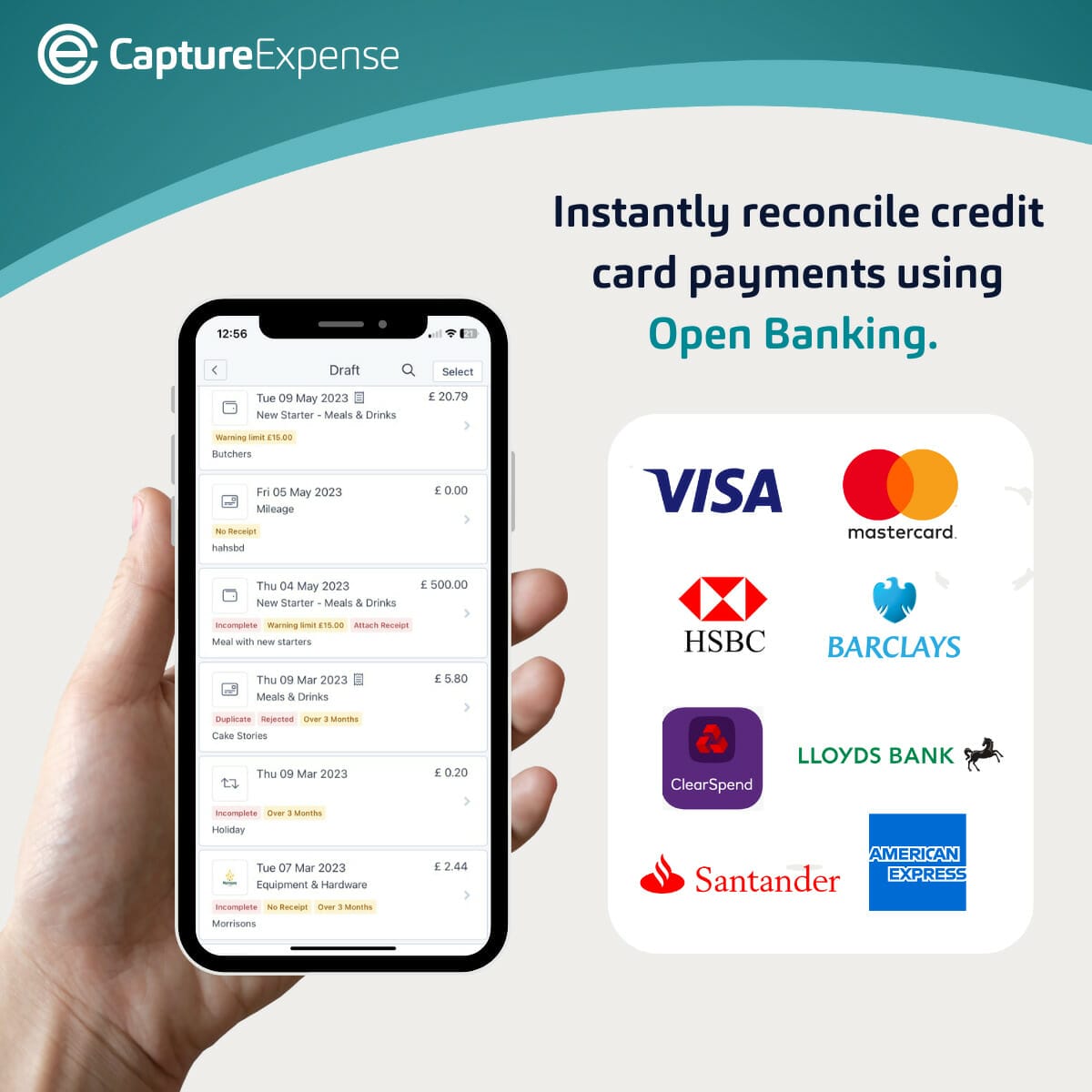Managing expenses efficiently is a crucial aspect of any business, be it small start ups or large corporations. In recent years, advancements in financial technology have paved the way for more streamlined and innovative solutions, such as Expense Management Systems (EMS) integrated with Open Banking.
In this blog post, we will explore the benefits that an expense management system using Open Banking can offer.
So let’s dive in!
Companies using data analytics for expense management experienced a 25% increase in bottom-line savings
A primary advantage of using an expense management system with Open Banking integration is access to real-time data and insight. By connecting directly to users’ bank accounts, transactions are updated instantly, providing users with up-to-date information on their financial position.
Expense management systems utilising Open Banking not only provide real-time data but also offer advanced analytics capabilities. These analytics help businesses gain valuable insights into spending patterns, identify cost-saving opportunities, and make informed financial decisions. According to a study by Deloitte, companies using data analytics for expense management experience a 25% increase in their bottom-line savings.
Say goodbye to discrepancies
Traditional expense reporting methods involve manual data entry, leading to errors and discrepancies. Open Banking-powered expense management systems automate data synchronisation, significantly reducing the chance of human error. The Aberdeen Group found that businesses who adopted an automated expense management system experienced a 65% reduction in the number of errors and discrepancies in expense reporting.
Save up to 68% in processing costs
Implementing an expense management system with an Open Banking integration can save businesses valuable time and resources. The time-consuming manual tasks, such as collecting and organising receipts, can be minimised through automatic receipt scanning and categorisation. A report by PayStream Advisors found that companies adopting automated expense management systems saved up to 68% in processing costs.
Fraud? Thing of the past
Expense fraud is a common problem faced by many businesses, leading to financial losses. Open Banking’s API enables secure and direct access to transaction data, enhancing the security of expense management systems. As shown by Javelin Strategy & Research, companies using open Banking saw a 40% reduction in fraud-related expenses.
Seamless integration and scalability
Expense Management systems integrated with Open Banking offer seamless integration with accounting software and Enterprise Resource Planning (ERP) systems. This integration streamlines expense data flow, making it easier to manage and analyse. Let’s not forget, such systems are easily scalable to accommodate the growing needs of a business.
And of course… there’s compliance
When it comes to financial management, regulatory compliance is crucial. An expense management system using Open Banking helps businesses adhere to relevant financial regulations and tax laws. By automating expense tracking and categorisation, companies can generate accurate and detailed financial reports effortlessly, which is especially valuable during audits.
To summarise
The Benefits of an expense management system using Open Banking is undeniable. The integration of real-time data, enhanced accuracy, time and cost savings, fraud prevention, seamless integration, improved compliance, and powerful analytics empower businesses to optimise their expense management processes.
As the financial landscape continues to evolve, adopting cutting-edge technologies like Open Banking becomes essential for businesses to stay competitive and efficient in their financial operations.

